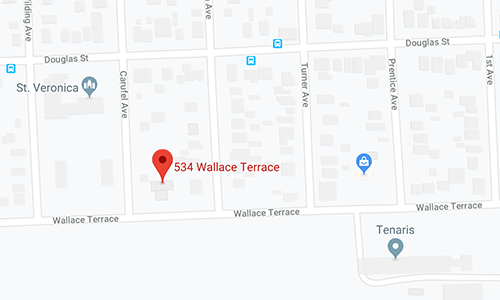1. Can I drive my vehicle with a check engine light on?
The safest answer on this is no, especially if the light is flashing when your vehicle is running. If you continue to drive your vehicle while the light is flashing, you could cause permanent, costly damage to your engine. If your light is flashing you should have your vehicle towed to your mechanic as soon as possible.
There are many reasons that the light could be on, and your best bet is to pull off the road, park your vehicle safely and call your mechanic to schedule a computer scan to determine what code the engine light is signalling.
2. Does my parking brake need to be working in order to pass an inspection?
Yes, for your vehicle to pass a government safety inspection you are required to have a parking brake that is in working order. Your parking brake is the first thing checked on a roadside inspection, if it fails your vehicle will be pulled off the road until it passes a new MVI inspection.
3. What’s the difference between conventional oil and synthetic oil and which kind should I be using on my vehicle?
Conventional oils are mineral based and are derived from the naturally occurring crude found in the earth. Special additives and compounds are added to the crude to produce the necessary heat resistance and viscosity vehicles require.
Synthetic oils are often have a conventional oil base, but as their name suggests, they are created in a chemical plant with chemical compounds. They are designed to provide the highest lubrication even in the highest of temperatures. They also last 2 to 3 times longer than conventional oils, and have properties in them designed to clean your engine. While they are longer lasting, and have these cleansing capabilities, they also cost about 2 times as much as a conventional oil.
While both are designed to provide your vehicle with exactly the lubrication your engine needs, we recommend that you use what is recommend by your factory specifications manual. We also recommend that you don’t switch between conventional and synthetic as this could have a negative impact on your engine such as leaking seals and gaskets. If you purchased a used vehicle, best practice would be to find out what oil was used and continue using that for your future oil changes.
4. When do I need an MVI (Motor Vehicle Inspection)?
There are 3 common types of inspections required by law in Ontario.
a. The safety standard inspection is the most common type of inspection. You will require one when your registering a rebuilt vehicle, transferring a vehicle to a new owner, registering a vehicle in Ontario that was previously registered in another province, territory or country. You will require a Safety Standard Certificate (SSC) when registering and plating a vehicle, this will be provided to you once your vehicle is inspected by a licensed automotive shop and has been certified to have met all the minimum government safety requirements.
b. Annual Inspections are required for trucks, trailers, buses, accessible vehicles and school purposed vehicles each year. An inspection report is provided to the client for all inspections, whether is passes or fails. If the vehicle passes, an annual inspections certificate is issued and an annual inspection sticker is affixed to the vehicle.
c. Structural Inspections are required when a vehicle needs structural repairs after a collision. These inspections ensure that the repairs have been properly completed and the vehicle is roadworthy. A Structural Inspection Certificate (SIC) is also required to upgrade a vehicle from “Salvage/Unfit” status to “Rebuilt/Fit” status. A certificate is issued to each vehicle that successfully passes this inspection.

